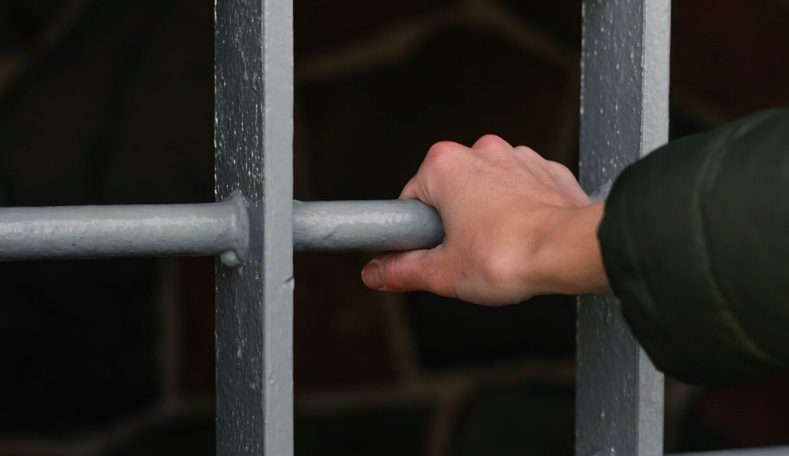
Tackling the blind spot of the UK anti-slavery regime: Report
This is a summary of the report:
Tackling the blind spot of the UK anti-slavery regime: the role and responsibility of prisons in securing the rights of modern slavery survivors, based on research conducted by the University of Essex and the International Organization for Migration (IOM) in the UK in partnership with Hibiscus Initiatives. The project was funded through an open call for proposals by the Modern Slavery and Human Rights Policy and Evidence Centre (Modern Slavery PEC), which in turn is funded and supported by the UK Arts and Humanities Research Council (AHRC).
The Modern Slavery PEC has actively supported the production of this Research Summary. However, the views expressed in this summary and the full report are those of the authors and not necessarily of the Modern Slavery PEC.
Key findings
- Although no statistics are consistently collected and analysed on the number of survivors of modern slavery in UK adult prisons, there is a high likelihood of unidentified survivors of modern slavery currently being imprisoned across the UK.
- Challenges to the identification of modern slavery survivors in prisons in practice include: barriers to disclosure in prison; an apparent lack of systematic information-sharing between prisons and the designated Home Office Competent Authorities; and prison staff not being authorised to act as First Responders. These noted challenges often appeared to be further compounded by a need for more training and awareness raising for both prison staff and potential survivors of modern slavery in prison.
- Both survivors formally identified through the National Referral Mechanism (NRM) as well as those potential survivors whom prison staff have reasonable grounds to believe to be victims of modern slavery, are entitled to support in line with Articles 10 and 12 of the Council of Europe Convention on Action Against Trafficking in Human Beings (ECAT) and Article 4 of the European Convention on Human Rights (ECHR). However, even when adult survivors of modern slavery in prisons are identified through the NRM, a lack of specialised support is reported. The research findings highlight unmet needs for appropriate accommodation and specialist mental health support in prisons. Adequate and coordinated support with different actors is also found to be crucial in order to prevent retrafficking of modern slavery survivors both in prison and following their release. Furthermore, once survivors are bailed or released, awareness of rights and entitlements is key to ensuring that specialist support can be quickly accessed.
- The research found several examples of good practice in the identification and support of survivors of modern slavery, but they were often described as ad hoc and dependent on individual commitment and effort rather than systematic institutionalised practice.
Read or download full report here
